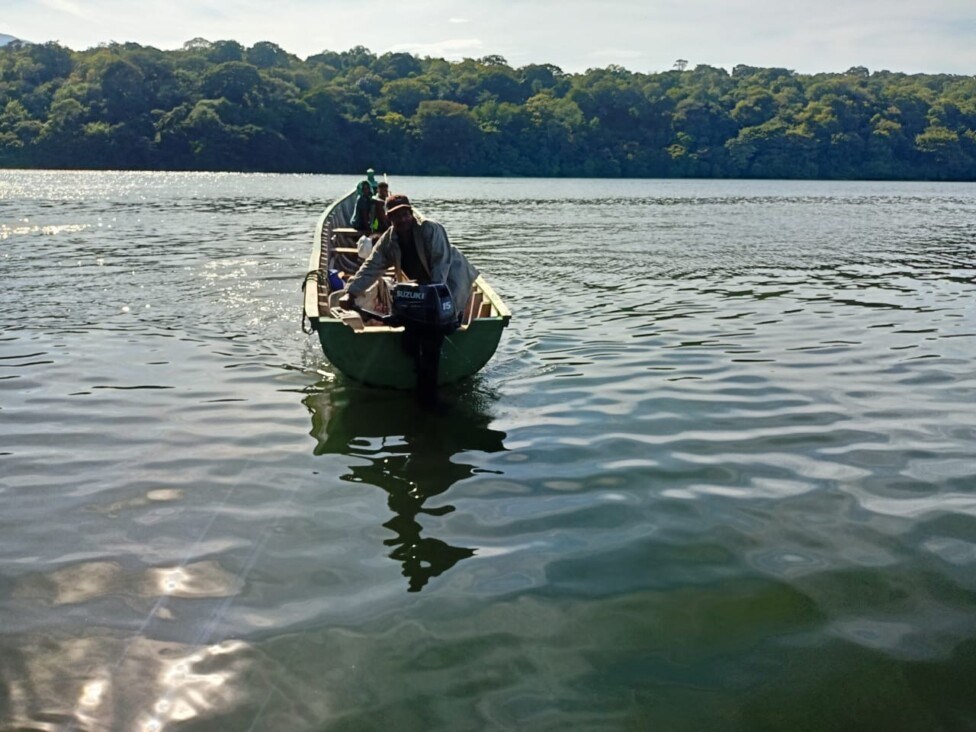
HAVANA TIMES – After almost six years of political crisis in Nicaragua, environmental information that clandestinely comes from this Central American country’s protected and forested areas to news accounts and international reports is almost always negative and murky.
“We were left without eyes in the forest and without witnesses in the indigenous communities,” Rosa Aguilar Jackson, whom everyone knows as “Rosalinda,” tells IPS from Managua.
A former member of the Humboldt Center, a non-governmental organization focused on protecting rainforests, Rosalinda is one of the last environmental activists who still resides in Nicaragua. Now, away from her job, she is hidden in the usual hustle and bustle of the Nicaraguan capital.
She lost her job in December 2021 when the environmental office where she worked for more than 12 years closed. The government of former Sandinista guerrilla Daniel Ortega canceled the institution’s legal status and froze its bank accounts. It was part of Ortega’s crusade to eliminate Nicaraguan civil society organizations.
Since the 1990s, her organization has been dedicated to monitoring information on mining concessions in protected areas, illegal deforestation, logging permits, and other aspects of the environment and development in the departments of Matagalpa and Jinotega in northern Nicaragua.
“With the funds that the board of directors obtained from outside, they paid our salaries and advised us to leave the country. Of my team, which had seven members, only I stayed. Everyone has already left,” she told IPS in a conversation carried out through an electronic messaging network.
“We erased the database of contacts and sources in the territories. We burned files, destroyed hard drives and USBs, encrypted collections of reports, and destroyed chips and even phones to protect our informants in the territories. Now I know nothing about them or the projects,” she says.
Since the outbreak of the sociopolitical crisis in Nicaragua in April 2018, environmental management and the protection of natural resources have suffered a notable decline. This was affected by a series of actions and policies implemented by the regime of Daniel Ortega and Rosario Murillo, his wife, and the country’s vice president.
Ortega, former commander of the Sandinista National Liberation Front, governed the country between 1980 and 1985 and returned to power in 2007, where he remains with a government that has become increasingly authoritarian and self-centered, according to international human rights institutions.

Amaru Ramírez, director of the environmental and now banned Fundación del Río, explains to IPS from exile in Costa Rica that in the last six years, Nicaragua has not only lost more forests but also the capacity for independent oversight of natural resources.
According to the environmentalist, this deterioration has demonstrated itself by banning more than 170 civil society organizations dedicated to the defense, promotion, care, s


